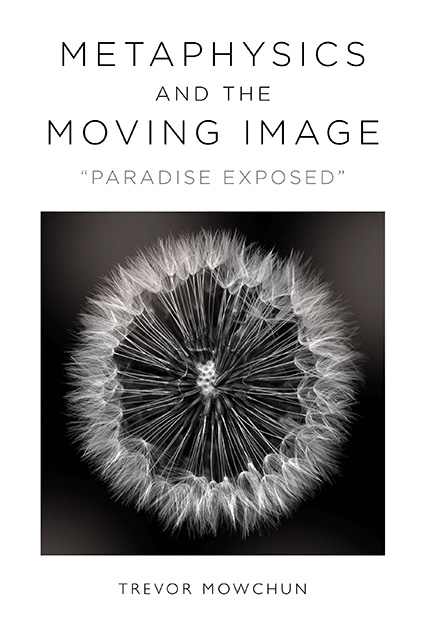Book contents
- Frontmatter
- Contents
- List of Figures
- Acknowledgments
- Introduction: The Death of God, the Birth of Film, and the New Metaphysics
- Chapter One Image Breakthrough: Disclosure and Derailment in Painting, Photography, and Film
- Chapter Two The Evolution of the Concept of “World” from Philosophy to Film
- Chapter Three Paradise Exposed: Psychic Automatism in Film Primer: “While the will is off its watch”
- Chapter Four Nature, Whose Death Shines a Light: Exteriority and Overexposure in The Thin Red Line
- Chapter Five “Mother, I am Dumb …”: The Reevaluation of Friedrich Nietzsche in The Turin Horse
- Notes
- Bibliography
- Index
Chapter Three - Paradise Exposed: Psychic Automatism in Film Primer: “While the will is off its watch”
Published online by Cambridge University Press: 19 October 2023
- Frontmatter
- Contents
- List of Figures
- Acknowledgments
- Introduction: The Death of God, the Birth of Film, and the New Metaphysics
- Chapter One Image Breakthrough: Disclosure and Derailment in Painting, Photography, and Film
- Chapter Two The Evolution of the Concept of “World” from Philosophy to Film
- Chapter Three Paradise Exposed: Psychic Automatism in Film Primer: “While the will is off its watch”
- Chapter Four Nature, Whose Death Shines a Light: Exteriority and Overexposure in The Thin Red Line
- Chapter Five “Mother, I am Dumb …”: The Reevaluation of Friedrich Nietzsche in The Turin Horse
- Notes
- Bibliography
- Index
Summary
Kleist wrote somewhere that what the poet would most of all like to be able to do would be to convey thoughts by themselves without words. (What a strange admission.)
— Ludwig Wittgenstein, Culture and ValueI try to be a true attendant upon grace. Perhaps it will come—perhaps it will not come. Perhaps this quiet yet unquiet waiting is the harbinger of grace, or perhaps it is grace itself. I do not know. But that does not disturb me. In the meantime I—have my friends with my ignorance.
— Franz Kafka, with Gustav Janouch, Conversations with KafkaPrimer: “While the willis off its watch”
What sort of being dreams of being a non-being? The human being. The human may be the only being for which being is a blockage. Imagine someone who is borne away by his speech yet cannot bear the sound of his own voice. Someone who speaks in the present yet hears his voice as if from the past, abhorring the sound he makes and cannot not make—for, just like an animal, this is his sound. He wants to sound like somebody else or something else, not out of any thirst for conformity or fantasy but because he does not know how else to lose the knowledge, the false knowledge, that reduces his self-knowledge into a habit or at best a rhyme. The problem is that he wants to change, but wanting this, unfortunately, is not how change happens; change forces itself like a storm, whereas it stands before him as yet another feat of strength, a great boulder that he may very well budge, or even move about with tremendous exertion and pain, only to find that the boulder never takes off of its own accord.
This being I am sketching in broad strokes and who seems frightfully unhappy, let's call him “fully formed,” perhaps a tad “overripe.” He knows all too well who he is mainly by being attached to what he is; people recognize him on the street and honor him by the simple act of remembering his name. Naturally, he is nothing without the trial and error of an experiment no human being can avoid or opt out of: that of personality formation and all the contingencies which go into its making.
- Type
- Chapter
- Information
- Metaphysics and the Moving Image'Paradise Exposed', pp. 103 - 154Publisher: Edinburgh University PressPrint publication year: 2023



